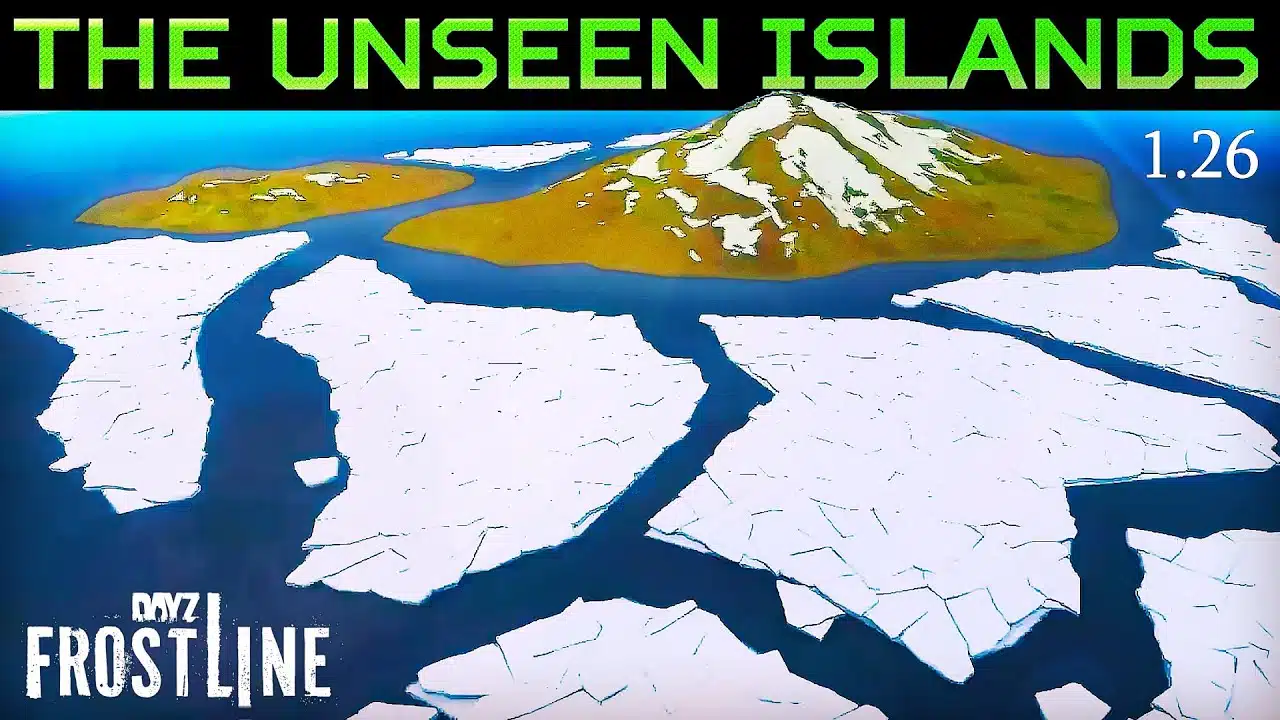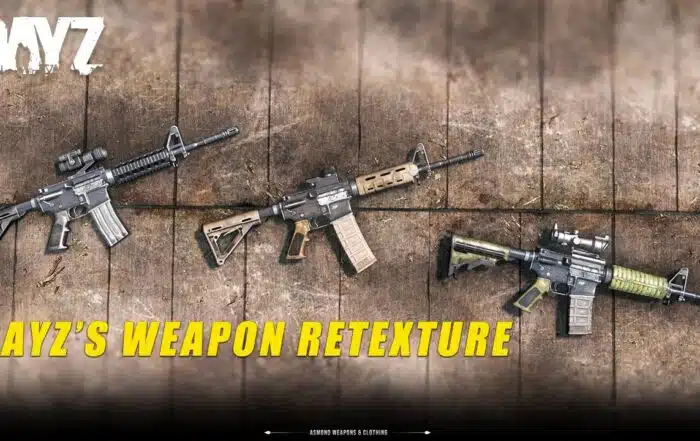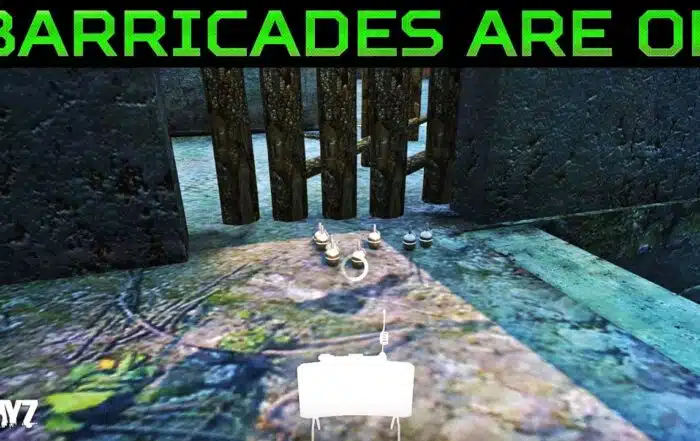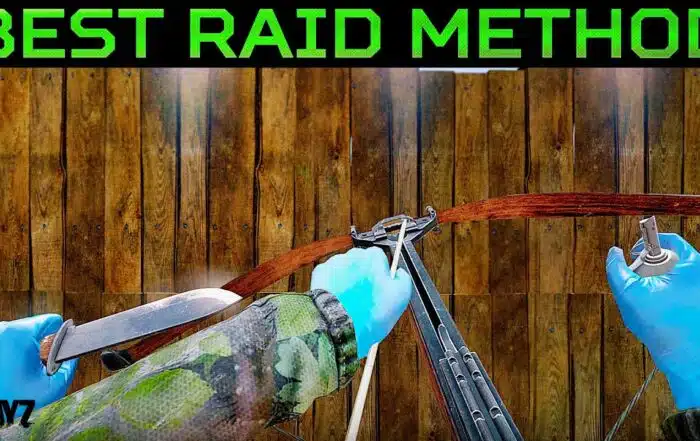Exploring the Uncharted: DayZ Frostline’s Never Seen Before Locations and The Six Water Types
Introduction
DayZ’s Frostline expansion breathes new life into the survival horror genre with its chilling landscapes and unforgiving terrain. This new frontier offers players a chance to explore uncharted territories filled with unique challenges and resources. In this article, we delve into the never-before-seen locations of DayZ Frostline and explore the intricacies of the six water types that play a crucial role in this frosty environment.
Never Seen Before Locations in DayZ Frostline
1. The Frozen Wastes
The Frozen Wastes are a vast, desolate area covered in snow and ice. Surrounded by mountains and shrouded in fog, this location offers limited visibility, making navigation difficult. Players must contend with the elements as they traverse this harsh environment, scavenging for resources to survive.
2. Glacial Caverns
Located beneath the surface, the Glacial Caverns are a network of ice caves that sparkle with the reflection of the scarce sunlight. These caves are teeming with unique wildlife and rare resources. However, the dark and cramped corridors also house lurking dangers, making exploration a perilous task.
3. Abandoned Military Outpost
An eerie reminder of past conflicts, the Abandoned Military Outpost is a treasure trove for those brave enough to venture in. With strategic vantage points and plentiful supplies, it offers a significant advantage, but it is also a hotspot for zombie activity, requiring careful planning to conquer.
4. The Icebound Village
Once home to a thriving community, the Icebound Village is now a ghost town encased in ice. The remnants of daily life can still be found within the frostbitten walls, offering a glimpse into the past and providing useful scavenging opportunities.
5. Frostline Forest
The Frostline Forest is a thickly wooded area where trees groan under the weight of snow. The forest is rich in resources and shelter but filled with the echoes of unseen threats, requiring players to be ever-vigilant as they make their way through.
6. Crystal Lake
Surrounded by jagged cliffs, Crystal Lake is a breathtaking sight. Its icy surface reflects the sky like a mirror, but the frozen depths hold secrets that few have dared to uncover. This location serves not only as a source of water but also as a place of mystery and legend.
The Six Water Types
Survival in Frostline hinges on understanding and utilizing the six types of water available:
1. Freshwater
Collected from streams and rivers, freshwater is ideal for drinking after boiling. It’s the most straightforward and accessible water type, providing essential hydration.
2. Glacial Meltwater
Found near glaciers, meltwater is pure and potable if filtered. It’s often easier to locate in higher elevations and crucial during extended mountain expeditions.
3. Snow
Snow can be melted and purified to provide water in emergencies, though it requires extra resources like heat sources, making it a last resort.
4. Stagnant Water
Often found in ponds and puddles, stagnant water is unsafe without treatment. Using purification tablets or boiling is mandatory to avoid illness.
5. Saltwater
Extracted from the coastal edges, saltwater requires desalination, an intricate process that demands special equipment, making it a challenging but plentiful resource.
6. Underground Springs
Accessible through specific locations, underground springs offer fresh, clean water. However, they require knowledge and effort to locate and tap effectively.
Conclusion
DayZ Frostline expands the horizons of survival gameplay with its never seen before locations and intricate water systems. Each area presents unique challenges and rewards, encouraging players to adapt and strategize. Understanding the six water types is crucial for any survivor aiming to thrive in this icy wilderness. Embrace the challenges Frostline offers, and discover the mysteries hidden within its frozen expanses.










